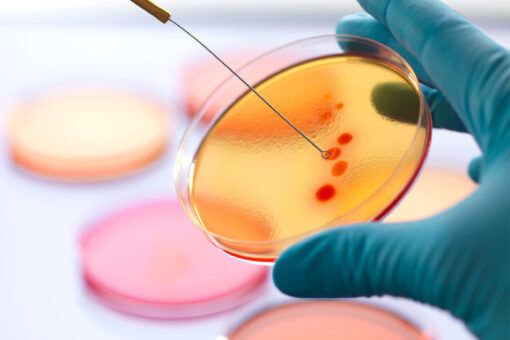
Organoids are small, lab-grown three-dimensional structures that are made from stem cells to model different aspects of an organ or tissue. Neural organoids are used to model different aspects of the developing brain.
In March 2024 we published a briefing note offering an evidence-based and balanced summary of the main ethical considerations in neural organoid research and the ethical issues that might arise in the future.
Call for evidence (closed)
From July – September 2024 we ran a call for evidence seeking expert opinion on the three key areas where we believe further ethical guidance is needed:
- How regulation and governance of neural organoids can be proportionate and future proofed.
- What an informed consent process, able to account for fast-paced developments and an unpredictable direction of research, could look like.
- What current and possible future characteristics of neural organoids could have implications for their moral and legal significance, and so may warrant special ethical consideration.
This call for evidence is now closed, but if you would like to contribute to the project we would be pleased to hear from you, please contact Claudia Corradi.
We intend to publish our recommendations on neural organoid research by Spring 2025, seeking to guide policymakers and all who carry out, fund and govern this research.
Related publications
-
Policy briefing27th March 2024
Research using neural organoids: ethical considerations
Related news and blogs
-
Blog
-
Blog